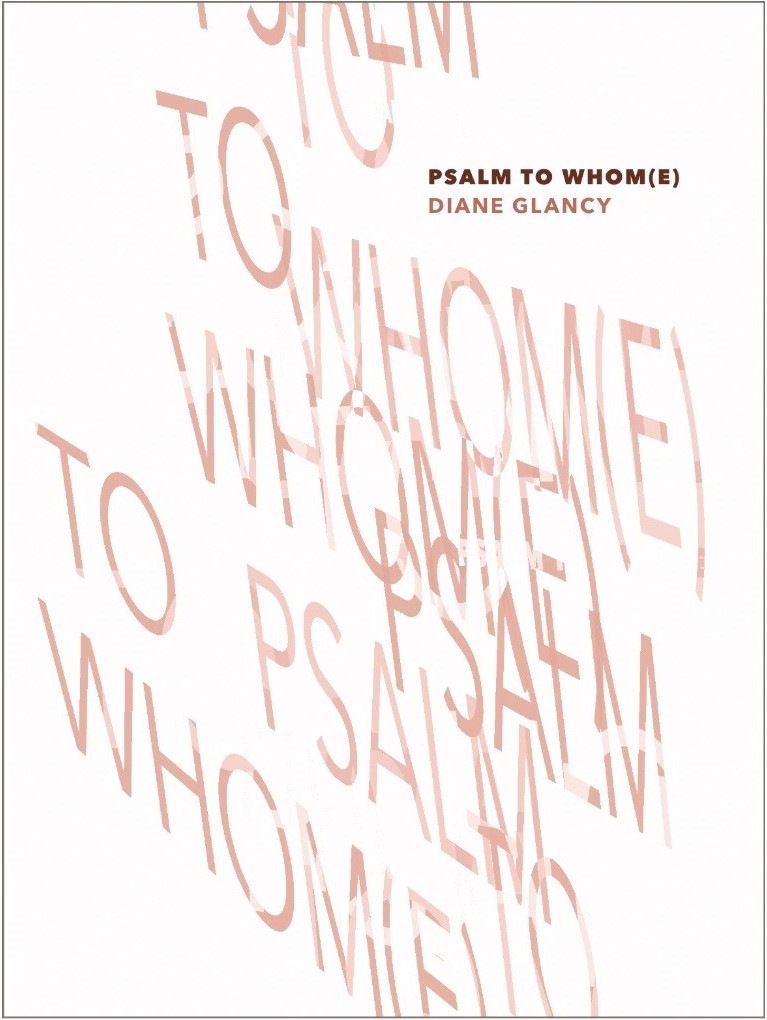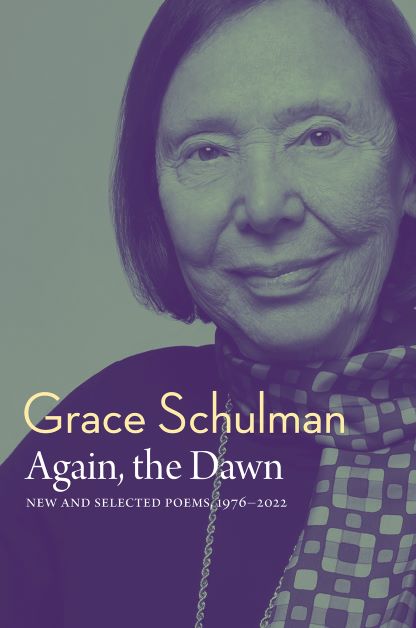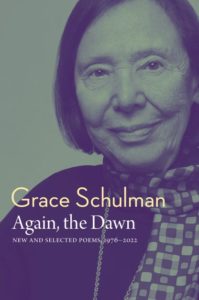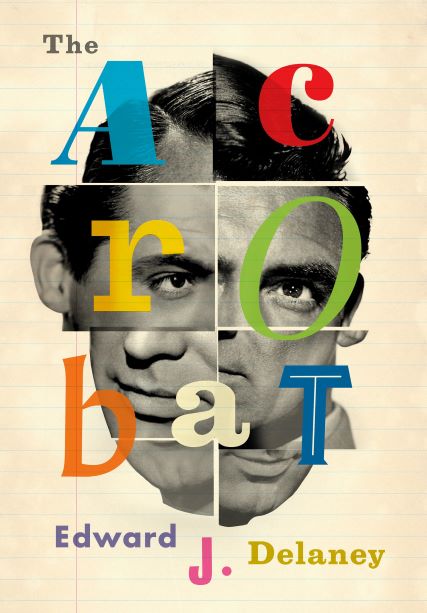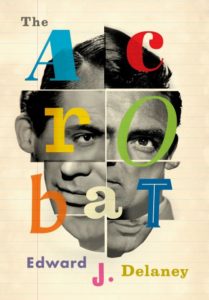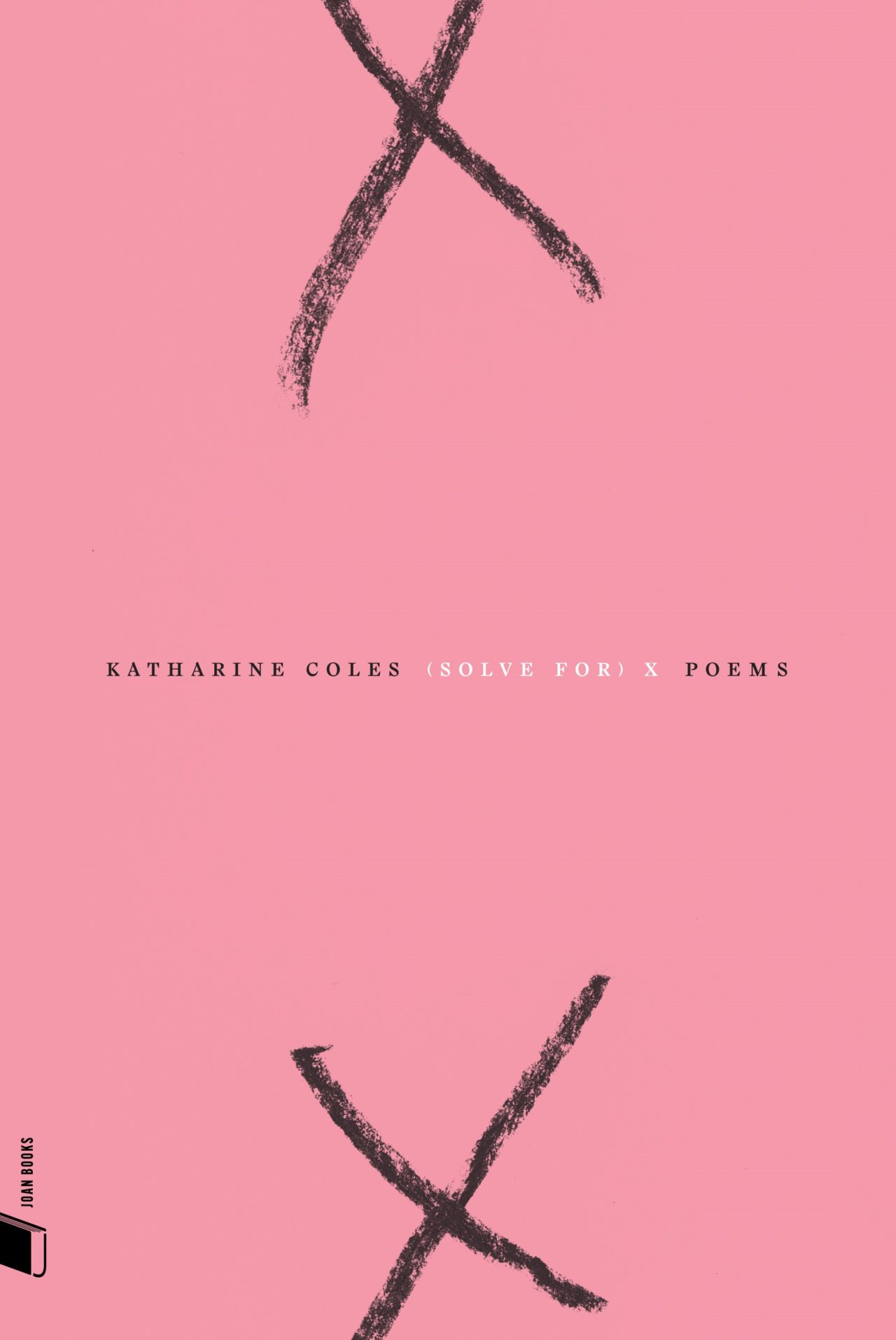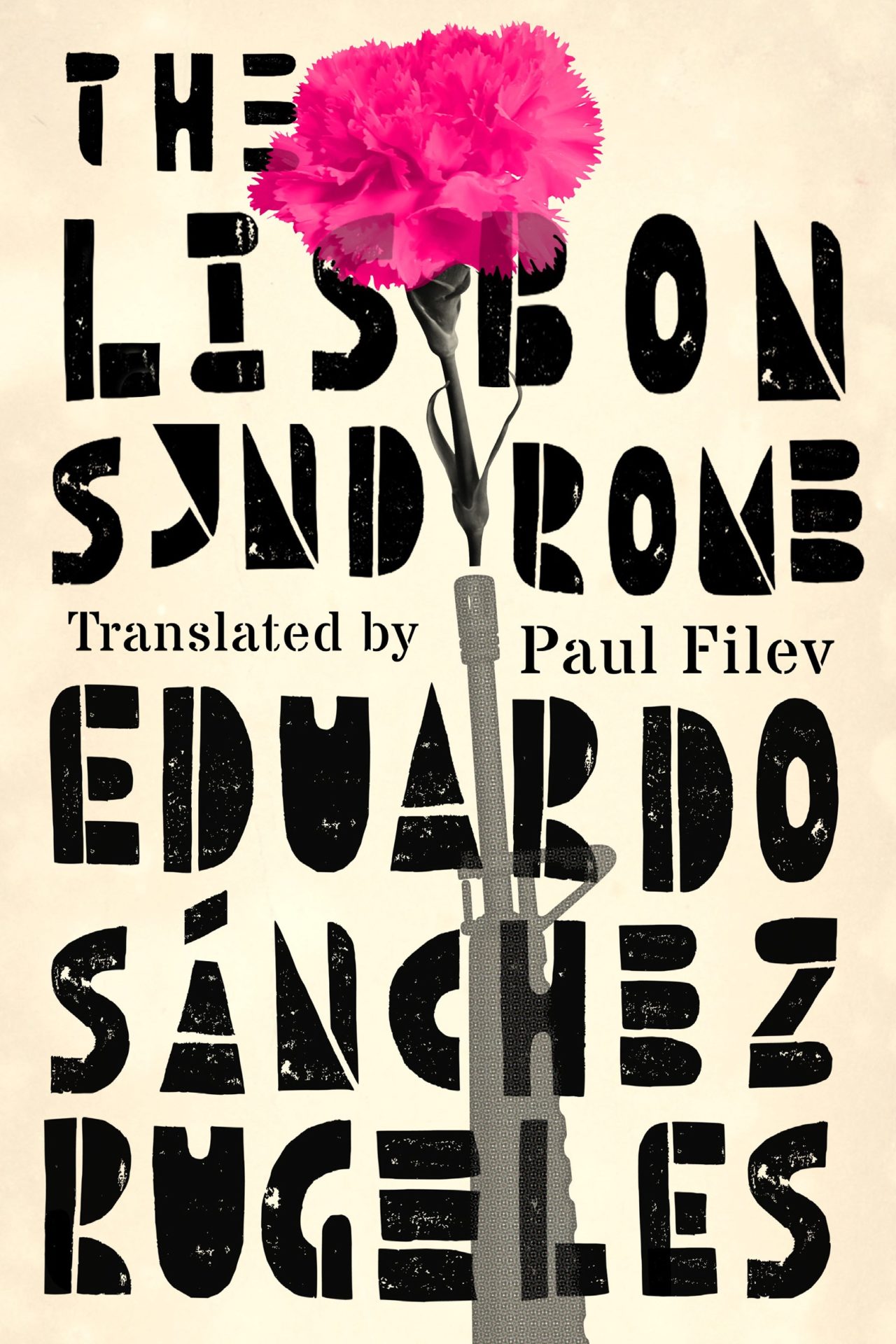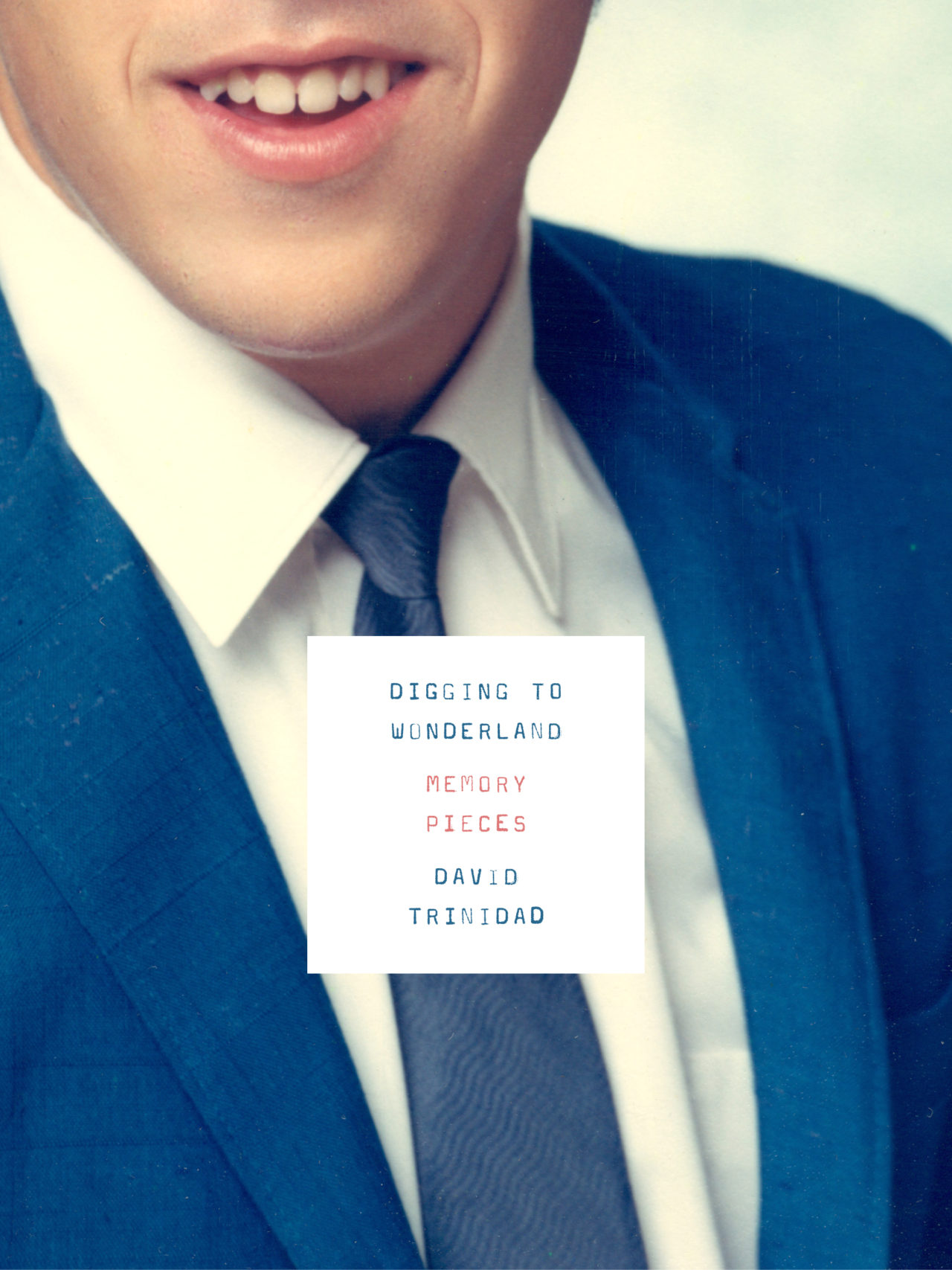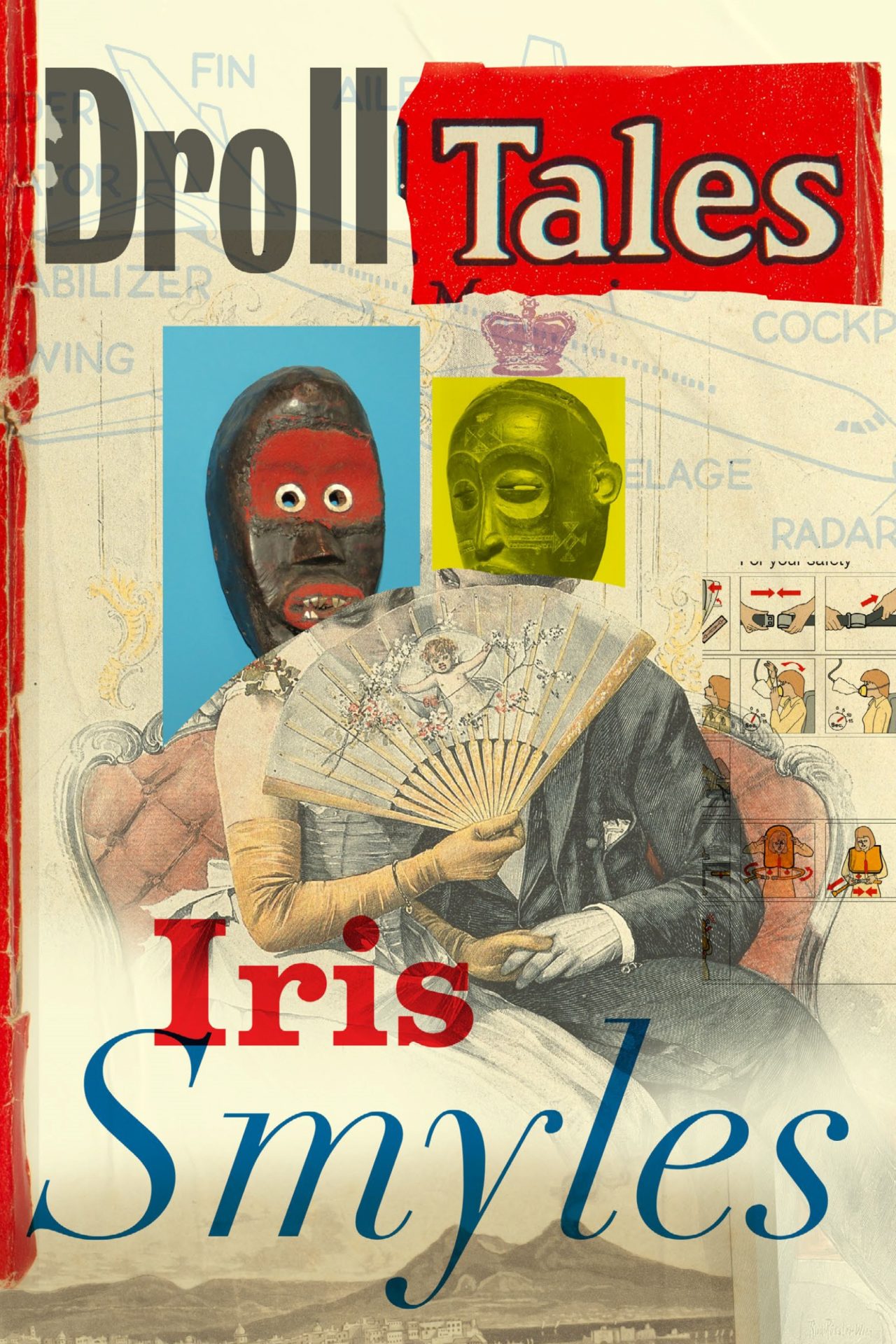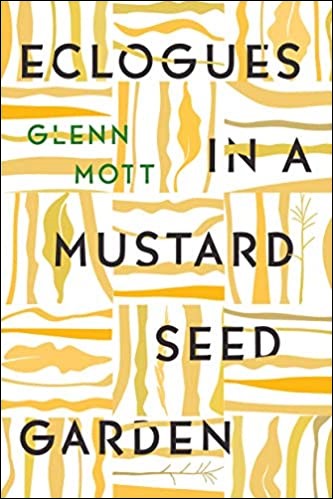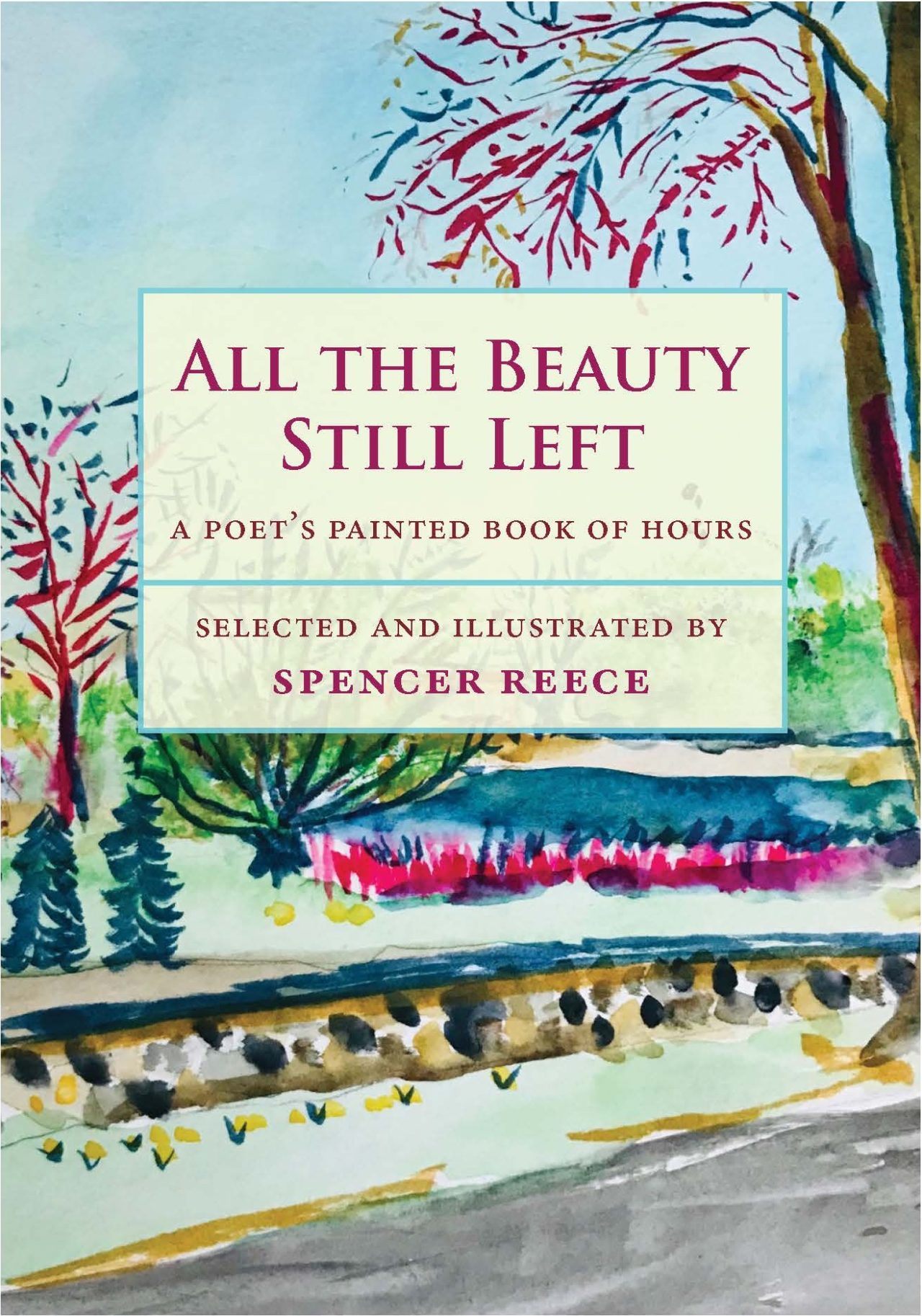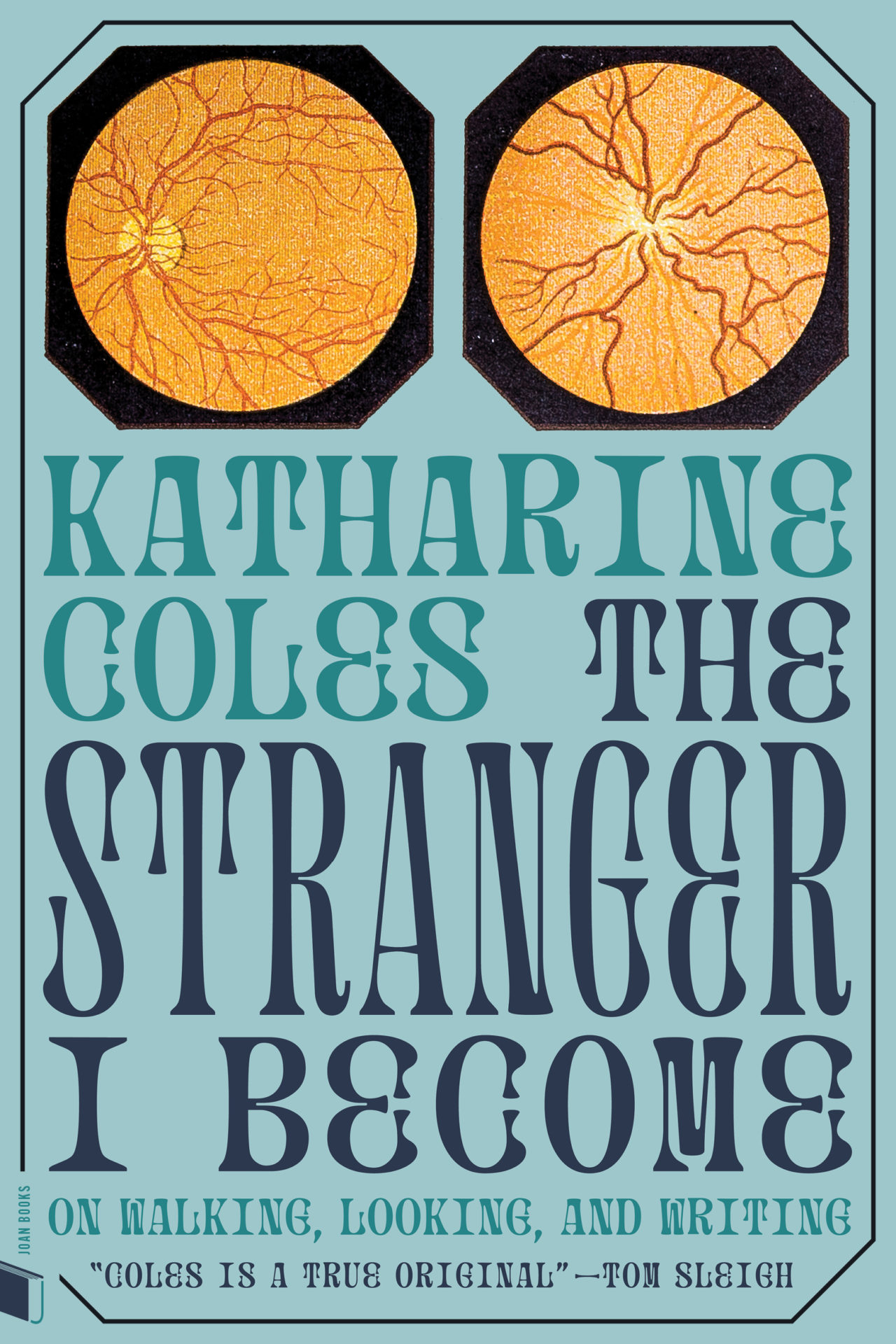(Solve for) X by Katharine Coles
Coles’s eighth collection probes the X of the unknown and of gender chromosomes with provocative smarts and sensitivity.
Katharine Coles’s (Solve for) X opens a window in a room we did not realize was stuffy. The rigidity of knowledge yields to the beauty of the search, which is both captivating and mysterious. Organized as an abecedarium, the poems are couched in spare, emotionally charged diction that plumbs consciousness and moral responsibility. Coles meditates on an imaginary sister, impositions of the body on the mind, and the human mess that remains despite death or disaster. The mastery of how Coles writes and what she knows is matched only by her ease with the uncertain X. In (Solve for) X, she breaks down contrary ideas and reassembles them, harmoniously redesigned.
The Lisbon Syndrome by Eduardo Sánchez Rugeles by Paul Filev (translator)
A sudden catastrophe in Europe exposes the slow-motion destruction of a generation of Venezuelans and their struggle against repression.
In The Lisbon Syndrome, a disaster annihilates Portugal’s capital. In Caracas, Lisbon’s sister city and home to many thousands of Portuguese, few details filter through the censored state media.
Fernando runs a theater program for young people in Caracas, teaching and performing classics like Macbeth and Mother Courage. His benefactor, Old Moreira, is a childless Portuguese immigrant who recalls the Lisbon of his youth. Fernando’s students suffer from what they begin to call “the Lisbon syndrome,” an acute awareness that there are no possibilities left for them in a country devastated by a murderous, criminal regime. A series of confrontations between demonstrators and government forces draw the students and their teacher toward danger. One disappears into the state secret prisons where dissidents are tortured. The arts center that was their sanctuary is attacked, and Fernando is pulled into the battle in the streets.
The Lisbon Syndrome is the most trenchant contemporary novel to offer a glimpse of life and death in Venezuela. But Sánchez Rugeles’s bleak vision is lightened by his wry humor, and by characters who show us the humanity behind stark headlines.
Digging to Wonderland by David Trinidad
With unerring detail, David Trinidad digs into his Southern California upbringing in the 1960s, his fascination with memorabilia, the mysteries of his family history, and the shadowy corners of his life as a writer.
Poet David Trinidad’s past is rich fodder for a collection of memory pieces that wind the reader through the underbelly of 1960s and ’70s America–and Southern California, more specifically. In Trinidad’s recollections, the proximity to Hollywood both glamorizes and condemns the bustling suburbs. Stains of the Manson murders and adoration for The Boys in the Band are documented with the same care as fascinations with Barbie dolls and twelve-cent comic books. The struggles of an awkward gay teenager meld into the weighty anecdotes of a young man who befriends famous writers, acts as a historian for familial legacies, and confronts the limitations of desire.
The title piece, “Digging to Wonderland,” presents a young David Trinidad and his friend Nancy as they tunnel into the ground of her backyard, in search of the next great adventure. Ultimately, we witness a childhood spent under the threat of annihilation: “So the ‘twinkly lights’ in the hills above Chatsworth were actually missiles armed with nuclear warheads. And without knowing it, I grew up under their spell.”
Droll Tales by Iris Smyles
In fourteen witty, surreal, and wildly original interrelated stories, Iris Smyles joyfully interrogates the paradoxes of life and language and gives us a new view of our world.
Welcome to the world of Droll Tales, in which reality is a mutually agreed-upon illusion, and life is painful, enigmatic, beautiful, and brief. With an oddball cast of characters who reappear in various guises, Smyles gives us a tour of an enchanted, absurd, off-kilter world with its own workings and ways of expression–one that overlaps our own.
A young suburban woman runs away to Europe to become a living statue, Mallarmé is at long last translated into pig Latin, a house full of surrealists compete for love on a reality TV show, a list of fortune cookie messages reveals the inner world of the young man employed to write them, and a story of love and betrayal is told through the sentence diagrams on a fifth grader’s grammar test.
Romantic, dark, and ironic, Droll Tales is a book like none you have read. It is a philosophical vaudeville, a cabinet of curiosities, a puzzle in fourteen pieces, and a tragicomic riddle articulated in Smyles’s singular style, with the mystery of the human heart at its center.
Eclogues in a Mustard Seed Garden by Glenn Mott
Glenn Mott’s Eclogues recast a classic pastoral form, making it uniquely suited to our times. He considers the inheritance of authority with a mixture of candor and humor in observations on social, natural, and metaphysical transactions. Inspired by China’s Manual of the Mustard Seed Garden, these epigrams, poems, and prose meditations achieve a heightened perception, transcending the garden variety truths of both East and West.
All the Beauty Still Left: A Poet’s Painted Book of Hours by Spencer Reece
The illuminated medieval manuscripts known as Books of Hours have been used to guide contemplation and prayer for centuries, with their intricate designs and exquisite coloring. Devotional poet, priest, and National Book Award nominee Spencer Reece has revived the tradition with a collection of over 50 vibrant watercolors inspired by his life journeys and his reflections on faith. His brushstrokes guide us from the bustling restaurants of Madrid, to the expansive seas of Morocco, to the coastal tranquility of Old Lyme, Connecticut. Each painting faces a quote from an acclaimed writer or spokesperson that has inspired him, among them Emily Dickinson, James Baldwin, Elizabeth Bishop, Katharine Hepburn, and Janis Joplin. The perfect gift for Easter, Mother’s Day, or any occasion, All the Beauty Still Left is a delight whose evocative images and memorable accompanying texts are sure to provoke contemplation and reflection for readers of all faiths.
The Stranger I Become: On Walking, Looking, and Writing by Katharine Coles
The Stranger I Become probes the permeable boundary between inner life and outer, thought and action, science and experience. Poet Katharine Coles begins her lyric essays with a meditation on “the urge to move beyond, to understand myself as a stranger, estranged.” The essays travel, always on foot, from Coles’ home with its kept and wild birds, into the canyon her home overlooks, itself populated with creatures ranging from voles to owls, moose, bobcats, and coyotes. From there, always looking, always walking, in the company of the words that move her, they traverse her neighborhood and distant places in this country and the world. All along, they consider the poetry that inhabits her: the winged creatures of Dickinson, Ashbery’s “reflections,” Keats’s “irritable reaching,” Anne Carson’s ever-unreachable apples, and more. Taken together, they make up what Lance Olsen calls “a poetics of the vivid.”

